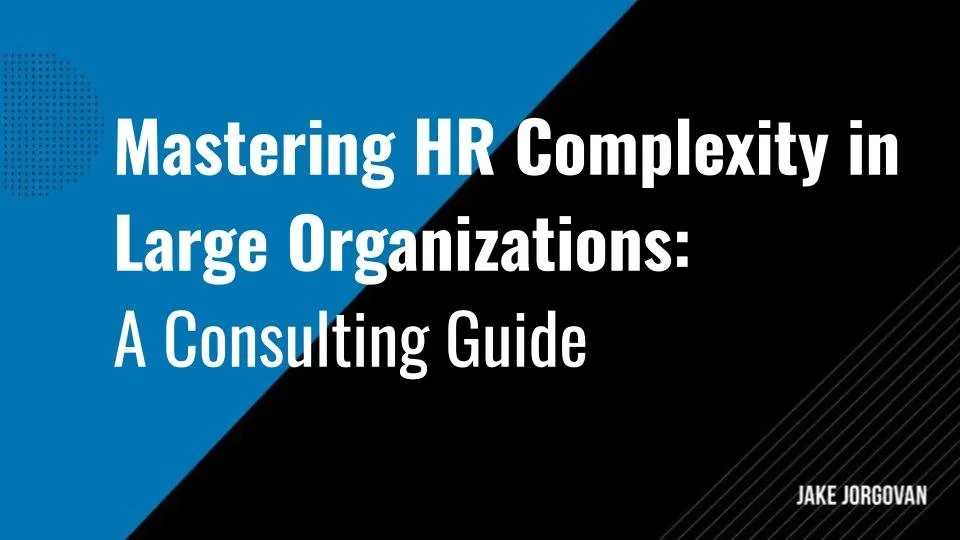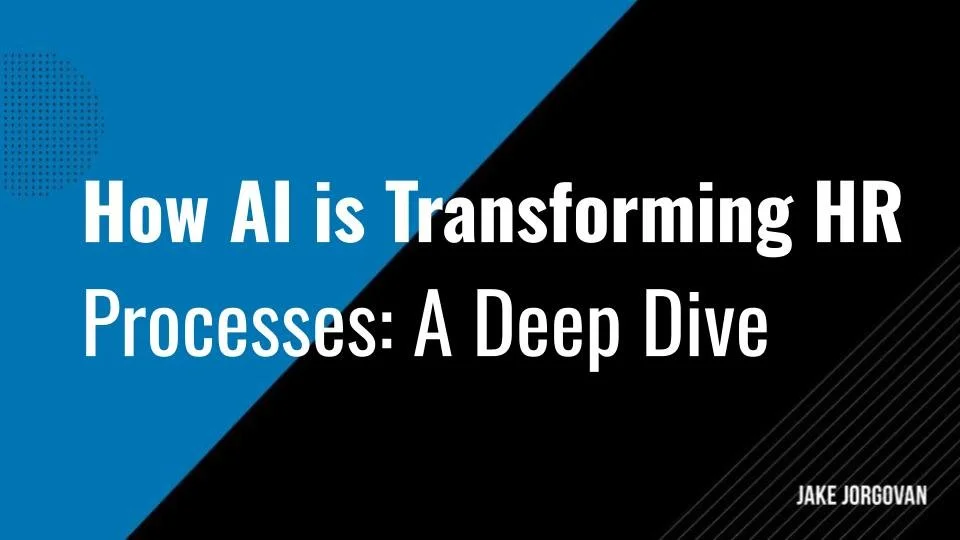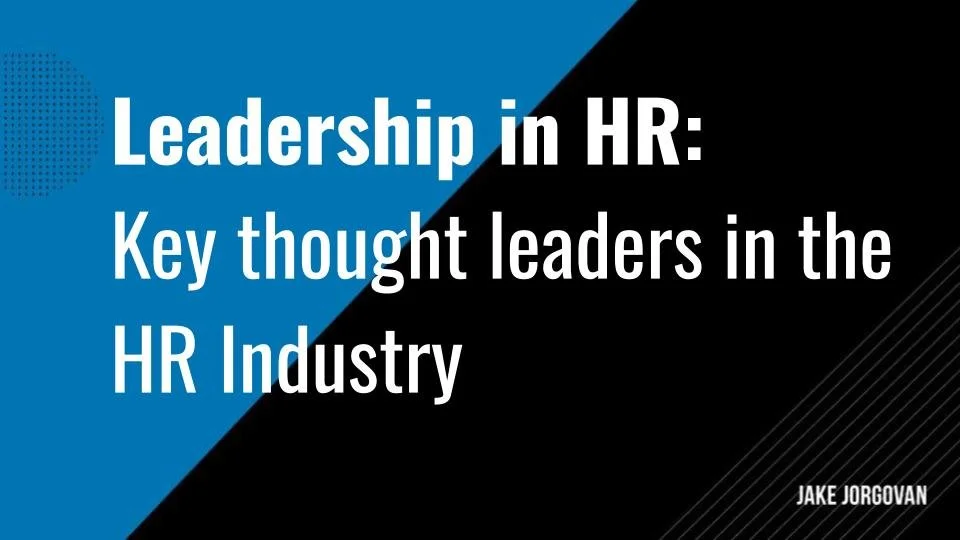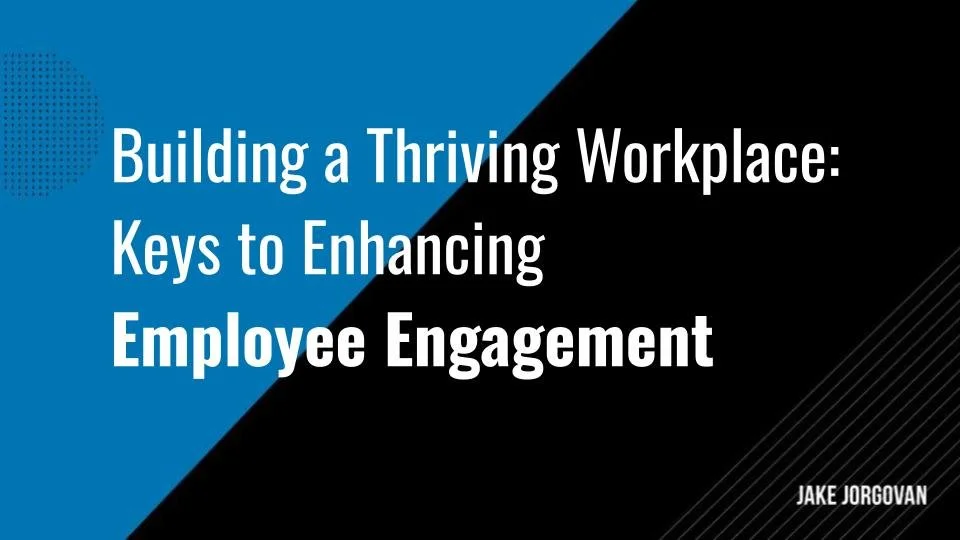The Role of Artificial Intelligence in Streamlining IT Recruitment Processes
Recruiting the right IT talent is more challenging than ever. Traditional methods are time-consuming and often miss the mark.
Enter the power of Artificial Intelligence (AI). AI is revolutionizing how companies find, assess, and hire the best tech minds.
If you're seeking efficient ways to enhance your IT recruitment process, you're in the right place. This article will explore:
The evolution of IT recruitment processes
5 key ways AI can streamline the IT recruitment process
The challenges and ethical considerations around using AI in the recruitment process
Continue reading to discover how AI can enhance your IT recruitment process, making it faster, more accurate, and unbiased.
The Evolution of IT Recruitment Processes
The evolution of IT recruitment processes reflects rapid technological advancements and the changing workforce.
The late 1990s and early 2000s saw the rise of online job boards and career websites. Platforms like Monster and LinkedIn revolutionized recruitment by expanding the reach to a global pool of candidates and allowing for the submission of digital resumes. This period marked a significant shift towards digitalization, making the recruitment process faster and more efficient.
The introduction of Applicant Tracking Systems (ATS) in the mid-2000s further streamlined recruitment. ATS allowed for automatically filtering candidates based on predefined criteria, saving recruiters significant time and effort. However, this led to challenges with keyword matching and potentially overlooking qualified candidates.
Social media recruitment emerged as a significant trend in the 2010s, with platforms like LinkedIn, Facebook, and Twitter being used to source and engage with potential candidates. This approach allowed recruiters to tap into passive candidates who weren't actively seeking new opportunities but were open to the right offer.
In recent years, the focus has shifted towards more sophisticated technologies such as artificial intelligence (AI) and machine learning (ML) to enhance the recruitment process. These technologies are used for predictive analytics, candidate matching, and automating routine tasks, leading to more efficient and effective recruitment strategies. AI-driven tools can analyze vast amounts of data to identify patterns and preferences, helping recruiters make more informed decisions.
Furthermore, the rise of remote work and the gig economy has transformed IT recruitment, emphasizing flexibility, diversity, and inclusion. Recruiters now prioritize digital literacy, remote collaboration skills, and cultural fit alongside technical expertise.
In short, IT recruitment has evolved from traditional, manual processes to sophisticated, technology-driven strategies. This evolution reflects broader trends in digitization, automation, and globalization, with a constant focus on efficiency, effectiveness, and reaching the best talent worldwide.
5 Key Ways AI Streamlines IT Recruitment Processes
1. Automates Resume Screening and Candidate Shortlisting
Automating resume screening and candidate shortlisting can significantly streamline IT recruitment processes by rapidly parsing vast numbers of resumes to identify the most qualified candidates based on specific criteria, such as skills, experience, and education. This reduces the manual effort and time required for initial screening, allowing recruiters to focus on engaging with potential candidates more meaningfully.
To implement automated resume screening in your IT recruitment process, consider the following steps:
Integrate an AI-powered resume screening tool into your Applicant Tracking System (ATS) to ensure seamless workflow and data management.
Customize the screening criteria based on the specific requirements of the IT roles you are hiring for, including programming languages, systems expertise, and project management skills.
Train the AI model with examples of ideal candidate profiles to improve its accuracy in identifying suitable applicants.
Regularly update the AI’s learning database with feedback from successful and unsuccessful hires to refine its screening capabilities.
Use the tool’s analytics to identify trends and insights about the candidate pool, which can inform future recruitment strategies.
Applied Scenario:
Kuehne+Nagel, a global logistics leader, enhanced its IT recruitment and employee experience processes with AI. They utilized an intelligent talent marketplace powered by AI technology to facilitate internal recruitment, aiming to foster career growth and mobility within their organization. This AI-driven approach allowed their recruiters to act as internal headhunters by proactively identifying, pre-screening, and reaching out to employees with potential job opportunities, thus prioritizing internal talent before seeking external candidates.
2. Enhances Candidate Sourcing through Data-Driven Insights
Enhancing candidate sourcing through data-driven insights enables IT recruiters to identify and engage with top talent more efficiently by utilizing vast data pools to target individuals with the precise skills and experience required for specialized IT roles. This method broadens the scope of potential candidates and increases the accuracy of matching candidates to job specifications.
And all this saves time and resources in the recruitment process.
To leverage enhanced candidate sourcing in your IT recruitment process:
Utilize specialized recruitment software incorporating AI and machine learning algorithms to analyze data and identify potential candidates across various platforms, including job boards, social media, and professional networks.
Implement predictive analytics to forecast hiring needs and proactively source candidates with skills likely to be in demand based on industry trends and technological advancements.
Engage in passive candidate sourcing by identifying candidates who are not actively looking for a job but possess the desired skill sets and experiences for future openings.
Customize outreach messages using insights gathered from data analysis to create personalized communication that resonates with the targeted candidates, increasing the likelihood of their engagement.
Analyze and refine sourcing strategies regularly based on the performance metrics and feedback from past sourcing efforts to continually improve the effectiveness of your candidate sourcing.
Applied Scenario:
Celential.ai provides a compelling case for leveraging AI for enhanced candidate sourcing. They built a talent graph of over 15 million tech talents across various regions. They also used Graph Neural Networks to make complex inferences about candidates' skills, even if they don't list them publicly. This approach allowed them to source and contact top-fit candidates efficiently, with minimal effort required from the recruiting team, significantly streamlining the recruitment process.
3. Optimizes Interview Scheduling and Coordination
Streamlining interview scheduling and coordination through AI significantly reduces the logistical overhead of arranging interviews, especially when coordinating across different time zones and schedules. This technology allows for real-time calendar syncing, automated reminders, and rescheduling. As a result, candidates and interviewers find suitable times without the back-and-forth typically required, speeding up the recruitment cycle and improving the candidate experience.
To use AI for streamlined interview scheduling in your IT recruitment process, follow these tips:
Adopt AI-driven scheduling tools that integrate with your organization’s calendar systems, allowing for automatic detection of available slots and matching them with candidates' availability.
Enable self-service scheduling by providing candidates with a link to choose their interview time from the available slots, reducing administrative burden and improving the candidate experience.
Incorporate automated reminders for both candidates and interviewers to reduce no-shows and last-minute cancellations.
Use video interviewing platforms that integrate scheduling and interview technology to facilitate remote interviews, which is essential for accessing global IT talent.
Collect feedback on the scheduling process from candidates and interviewers to continuously improve the efficiency and user-friendliness of the tools used.
Applied Scenario:
Deliveroo significantly improved its recruitment process by implementing GoodTime Hire, reducing interview scheduling time by 80%. This automation allowed for faster candidate scheduling, better interviewer training, load balancing, and provided data-driven insights for further optimization. The result was a more efficient hiring process, enhancing the candidate experience by facilitating easier scheduling and rescheduling. Deliveroo's recruitment operations became more aligned with their hiring strategy, leading to over 700 new hires without the need for outdated spreadsheets, setting a new standard in recruitment efficiency.
4. Improves Candidate Assessment with Skill-Based Evaluations
Improving candidate assessment with skill-based evaluations and simulations powered by AI can significantly streamline IT recruitment processes by allowing recruiters to objectively and efficiently evaluate a candidate's practical skills and job fit. This approach reduces reliance on subjective assessments and speeds up decision-making by providing quantifiable metrics on each candidate's abilities.
To use AI for enhanced candidate assessment, you can do the following:
Integrate skill assessment software that offers coding challenges and technical simulations relevant to the IT roles you are hiring for.
Use AI-driven tools to analyze the results of these assessments for insights into candidates' problem-solving abilities and technical expertise.
Customize assessments based on the specific technical skills and knowledge required for your open positions, ensuring they are relevant and challenging.
Provide candidates with immediate feedback on their performance to improve the candidate experience and engagement.
Applied Scenario:
TrueAccord, a company looking to innovate in the debt collection space, significantly accelerated its developer hiring process with the help of HackerRank. By leveraging HackerRank's comprehensive coding assessment platform, TrueAccord was able to streamline its recruitment strategy, enabling quicker and more effective evaluation of developer skills. This partnership allowed TrueAccord to identify and hire the right technical talent efficiently, supporting their mission to create a more empathetic and less stressful debt collection experience.
5. Facilitates Continuous Candidate Engagement and Feedback
Facilitating continuous engagement and feedback through chatbots and AI communication tools can streamline IT recruitment processes by ensuring candidates remain informed and engaged throughout the recruitment journey. This approach minimizes the risk of losing candidates due to a lack of communication and automates routine inquiries, allowing recruiters to focus on more strategic aspects of the hiring process.
To facilitate continuous candidate engagement in your IT recruitment process, follow these steps:
Implement AI-driven chatbots on your career site to answer frequently asked questions, guide candidates through the application process, and provide immediate engagement.
Use AI for personalized candidate updates via email or messaging platforms, keeping them informed about their application status and next steps.
Automate the collection of candidate feedback post-interview to refine your recruitment process and improve the candidate experience.
Integrate your AI tools with your Applicant Tracking System (ATS) to ensure seamless communication and data flow throughout the recruitment process.
Applied Scenario:
Oracle's Digital Assistant platform exemplifies how AI can automate interactions, deflect routine inquiries, and offer personalized communication, as evidenced by ECHO achieving a 70% call deflection rate and a 400% ROI with the help of Oracle Digital Assistant. This demonstrates the potential for AI chatbots to significantly improve efficiency and candidate experience in recruitment by providing immediate, intelligent responses to inquiries.
Challenges and Ethical Considerations
Integrating Artificial Intelligence (AI) in the IT recruitment process presents a transformative potential for efficiency and scalability. However, this integration comes with its set of challenges and ethical considerations that necessitate careful deliberation. Let’s explore these below:
Bias and Discrimination: One of the most critical concerns is the inherent bias in AI algorithms. Since these systems learn from historical data, they can perpetuate existing biases in hiring practices. For instance, if an AI system is trained on data from a company where most employees are male, the system may inadvertently favor male candidates, thus discriminating against female candidates or those from underrepresented groups. This limits diversity and violates principles of equality and fairness in the workplace.
Transparency and Explainability: AI systems often operate as "black boxes," where the decision-making process is not transparent. In the context of IT recruitment, this lack of transparency can lead to mistrust among candidates, especially if an algorithm rejects them without a clear explanation. The challenge here is to develop AI systems that are not only effective but also explainable, ensuring that candidates and employers understand the basis of AI decisions.
Data Privacy: Using AI in recruitment involves processing large amounts of personal data, raising significant privacy concerns. Ensuring the security of this data and using it ethically is paramount. There must be strict adherence to data protection laws, such as the General Data Protection Regulation (GDPR) in Europe, which mandates clear consent from individuals before their data can be used.
Depersonalization: Relying heavily on AI for recruitment can lead to a depersonalized hiring process, where human aspects such as interpersonal skills and cultural fit are overlooked. While AI can efficiently screen for technical skills, it may not fully capture the nuances of human interaction and team dynamics crucial for a candidate's success in a role.
Reliance and Accountability: There's a risk of over-reliance on AI systems, potentially leading to a lack of accountability in hiring decisions. Human oversight is essential to ensure that AI recommendations are reasonable and to intervene when necessary. Employers must ensure that responsibility for recruitment decisions remains with humans, not machines.
Future of Work: AI-driven recruitment tools also raise questions about the future of work, including how roles are defined and valued. As AI becomes more sophisticated, the emphasis on skills that can be easily quantified and evaluated by algorithms might overshadow other valuable attributes, such as creative thinking and emotional intelligence.
In short, while AI has the potential to revolutionize IT recruitment by making processes more efficient and data-driven, it is imperative to address these ethical considerations and challenges. Balancing technological innovation with ethical responsibility is crucial to ensure that the use of AI in recruitment contributes positively to the workforce and society at large.
Leverage AI in Your IT Recruitment Process Today
This article provided a comprehensive overview of how artificial intelligence (AI) transforms the IT recruitment landscape, making it more efficient and effective. It highlighted various AI tools and technologies that can help in sourcing, screening, and interviewing candidates, streamlining the entire hiring process.
AI can significantly reduce the time and effort required in the IT recruitment process by automating tasks like resume screening and initial candidate assessments. This not only speeds up the hiring process but also helps in identifying the most suitable candidates based on skills and experience, ensuring a better fit for the role.
As we look forward to the future of IT recruitment, it's clear that AI holds great potential to make your hiring process smoother and more efficient. Consider how you can incorporate these AI solutions into your recruitment strategy to stay ahead in the competitive IT industry. Reflecting on this information will enable you to effectively leverage AI, ensuring you attract and hire the best talent available.


































